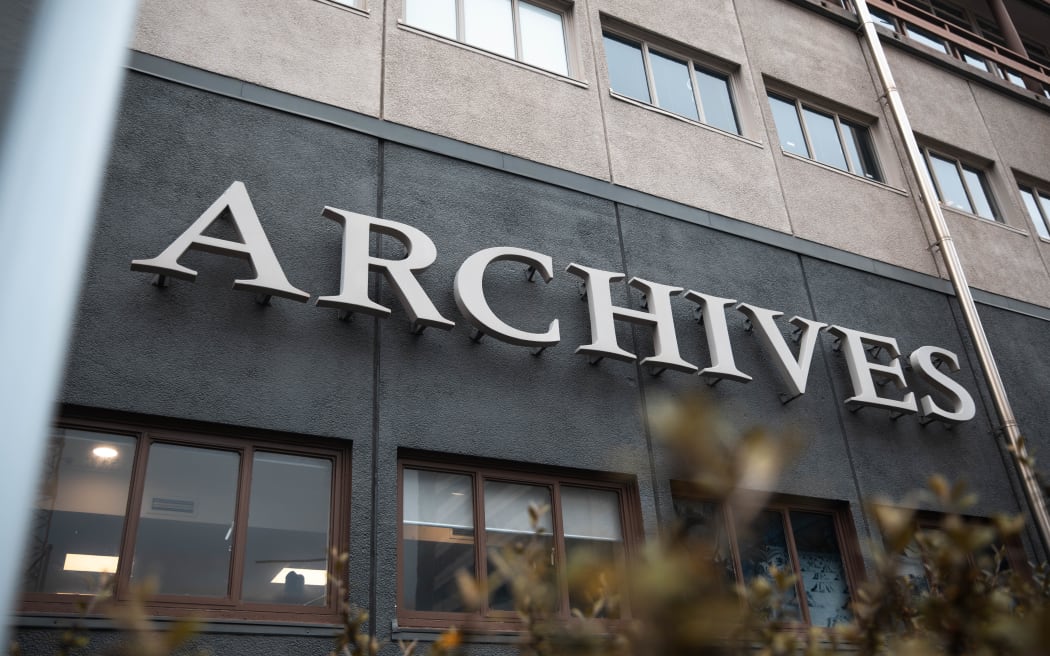Archives New Zealand announced last week that it would be closing down its digitisation project, a project which was so central to its mahi that it reduced its in-person access hours to enable more digitisation work to be done by Archives NZ staff.
When its reading room hours changed, in 2021, ANZ cited greater accessibility for a larger number of people, and linked that to their core purpose: ‘To be a vibrant, trusted, national archive we need to provide a modern service that meets our customers’ needs. Reducing reading room hours has allowed us to put our energy into listing and digitising records and making them available online. This provides better access to New Zealand’s public archives for more users.’
What, then, are the consequences of the end of this project? Millions of Archives NZ records remain undigitized, and therefore less accessible, especially for those who live outside the centres of Auckland, Wellington, Christchurch and Dunedin. Their physical storage facilities are also close to capacity, and therefore not future-proofed for incoming archival content. Of course, digitisation was not a panacea for storage issues, as digitising records did not mean destroying the originals, and digital content requires storage of its own. However, storage issues remain a factor to negotiate in the ongoing mahi of Archives NZ.
The end of the digitisation project at Archives NZ gives us greater resolve to offer our own, accessible, history work online, as we are unbeholden to external funding.
The work that Archives NZ staff—a number of whom are about to be made redundant—have done is valuable and is valued by many people. We extend our aroha to those whose livelihoods will be affected.

